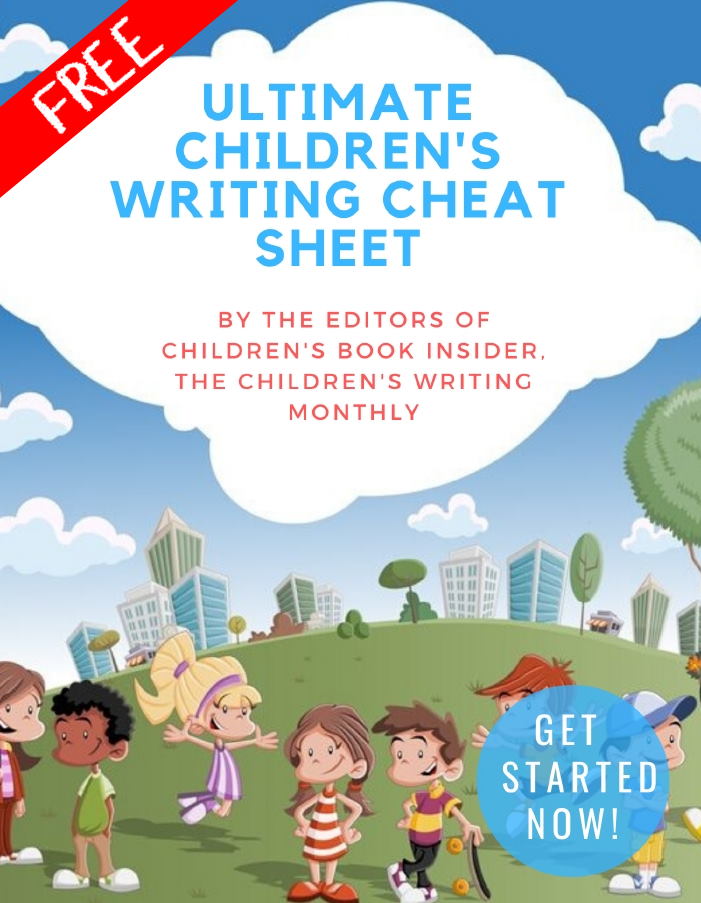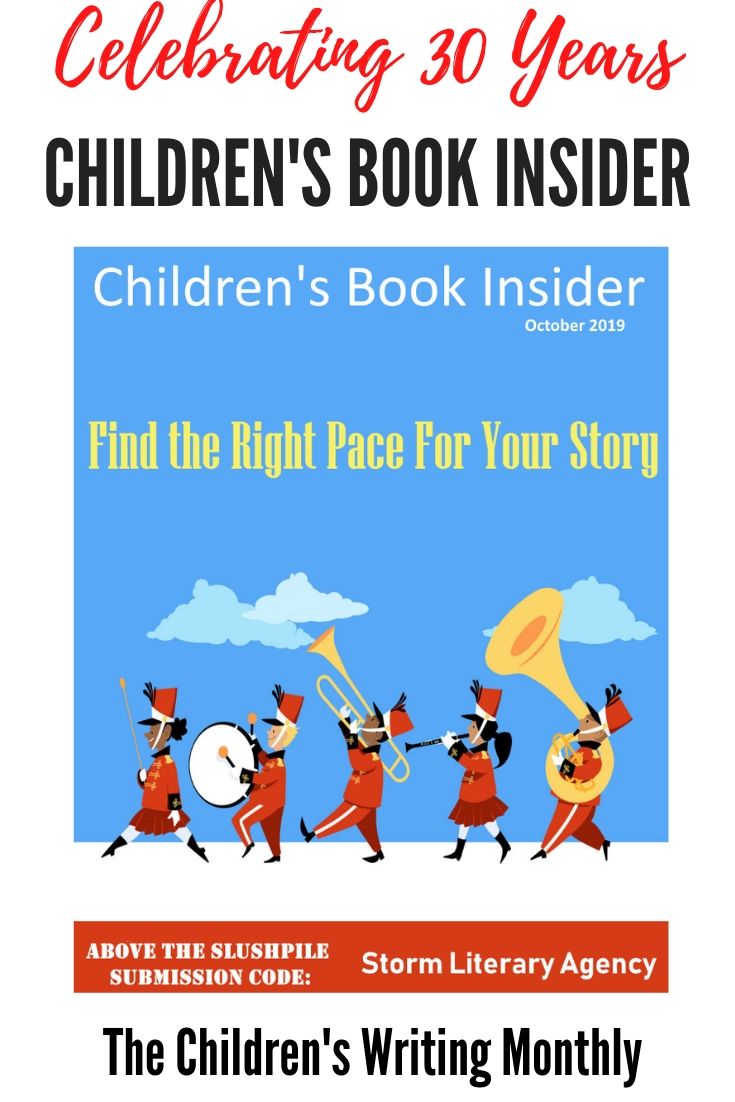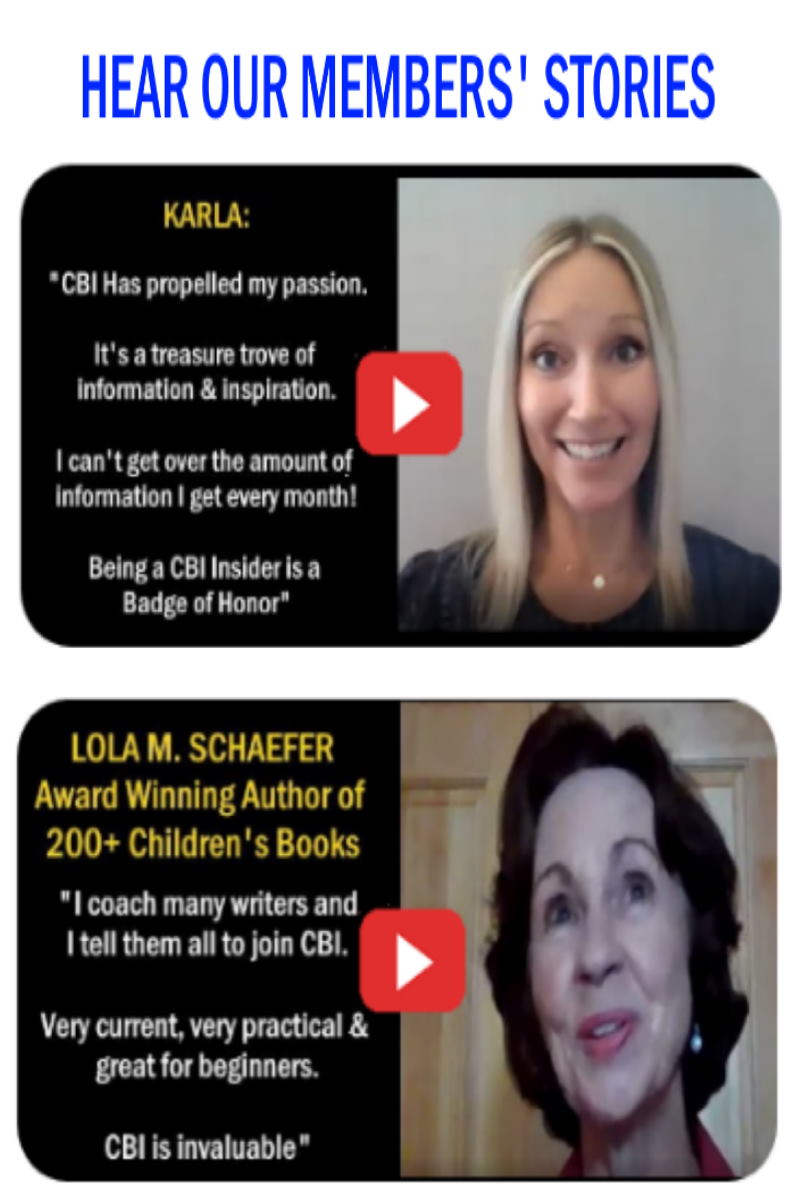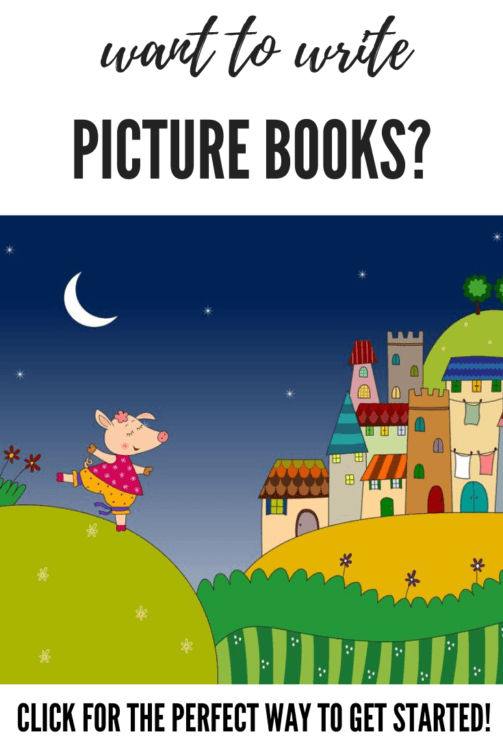
For complete information on how to set up and present a school visit, including forms for book orders, scheduling, and collecting money for expenses and appearance fees, see School Visits Made Easy on WritingBlueprints.com
by Geary Smith
I can still vividly remember many years ago, when my first story “Come Rain, or Come Shine”, was published in Highlights for Children, and the new release was published in my local newspapers. After a week, my phone began to ring about coming to speak at local schools in my area. After the initial surprise of being a published writer and being offered the invitation to speak, I graciously accepted. I love speaking at schools and find being with students gives me the encouragement to keep on writing and speaking. The young eager children are great listeners and they ask thoughtful questions.
With every appearance, I learned more about creating a successful school presentation. Here are some tips you can use as you prepare for your own school visits:
*Get directions to the school if you’ve never been there before. That way you will arrive at least thirty minutes early to find your teacher and classroom. Some of the schools are very large and it will take some time to check in the front office, asked for your teacher and walk to the first classroom.
*Bring a bottle of water because your mouth might get dry from the speaking. I never chew gum or have mints in my mouth.
*If you’re visiting several classrooms in the same school, have a time schedule printed so you know where you’re going throughout the morning.
*Wear a watch to check the time (it’s less distracting than checking your phone).
*Silence your phone or put it on vibrate.
*Wear comfortable clothing and shoes. You’ll be more relaxed and your feet will thank you.
*Practice your presentation several times beforehand. When reading your work out loud, read slowly and with expression.
*Before you read, ask the students questions related to your story to get them engaged, such as “Have you ever had to (solve a problem like the one your protagonist faces)?” or “Who has heard about (an event featured in your story)?”
*If a class is a little talkative or becomes rowdy, continue with your program. Pause to get their attention or read louder so they can hear you. The teacher will be present to help control or manage any behaviors.
*After the story or book is read, discuss the theme of your book with students, or any takeaway points or ideas. Ask open-ended questions (What did you think about…? What else could the main character have done when…?) This way you’re inviting the students to share their opinions and ideas, rather than telling them what to think.
Finally, speaking at schools and in front of young students is very rewarding. I know that it helped me not only in overcoming my fear of public speaking, but in my writing career. But the best part is getting the big brown envelope in the mail about two weeks after a school visit filled, with handwritten cards and letters from students thanking me for sharing my story.
Geary Smith has been writing for children and young adults for over 30 years. His work has been published by Highlights for Children, Child Life, McGraw-Hill, ProQuest and many other publications. He has won the Pewter Plate Award from Highlights for Children. Geary has a B.S. in Psychology from Morehouse College and M.Ed. from Stephen F. Austin University. He is a certified Life Coach and Counselor, Assistant Minister and City Councilman/Mayor Pro Tem

✏ Word Counts & Age Groups for Every Kidlit Category
✏ FAQs, Glossaries and Reading Lists
✏ Category-specific Tips, from Picture Books Through Young Adult Novels
✏ 5 Easy Ways to Improve Your Manuscript
✏ Writing For Magazines …and more!
This is a gift from the editors of Children’s Book Insider, and there’s no cost or obligation of any kind.
We will never spam you or share your personal information with anyone. Promise!






A smart reporter at the local paper will seek to match the subject of an author’s book with something that is happening in that neighborhood or that municipality. That gives the editor an article with a different angle. At the same time, it provides the author with added exposure.
It’s been years since I’ve spoken in a school. I find it hard to do if I don’t know any of the kids in a classroom, so after my boys graduated, I stopped doing it.
But I did love to do it!
When my youngest son was in the 5th grade, his classmates begged me to write a story with them in it. I knew they wanted a novel written, and I went for it. Finished it just before school ended. Rough draft it may have been, they were thrilled! And I still have most of the letters the kids wrote me to thank me for coming in to read in the first place, and for actually writing a novel for them, starring them all – yes all 26 of them, plus their teacher. Have to say, he was floored as he was expecting a much shorter story!
Kids took up both reading and writing more after I would come in. I know that because parents called me to say so. And one boy is now a reporter for a local newspaper while writing his stories on the side. Visiting schools is awesome, and maybe I’ll give it a try again.